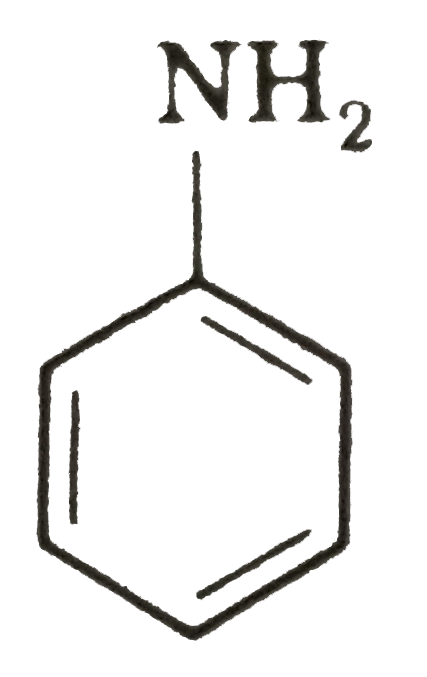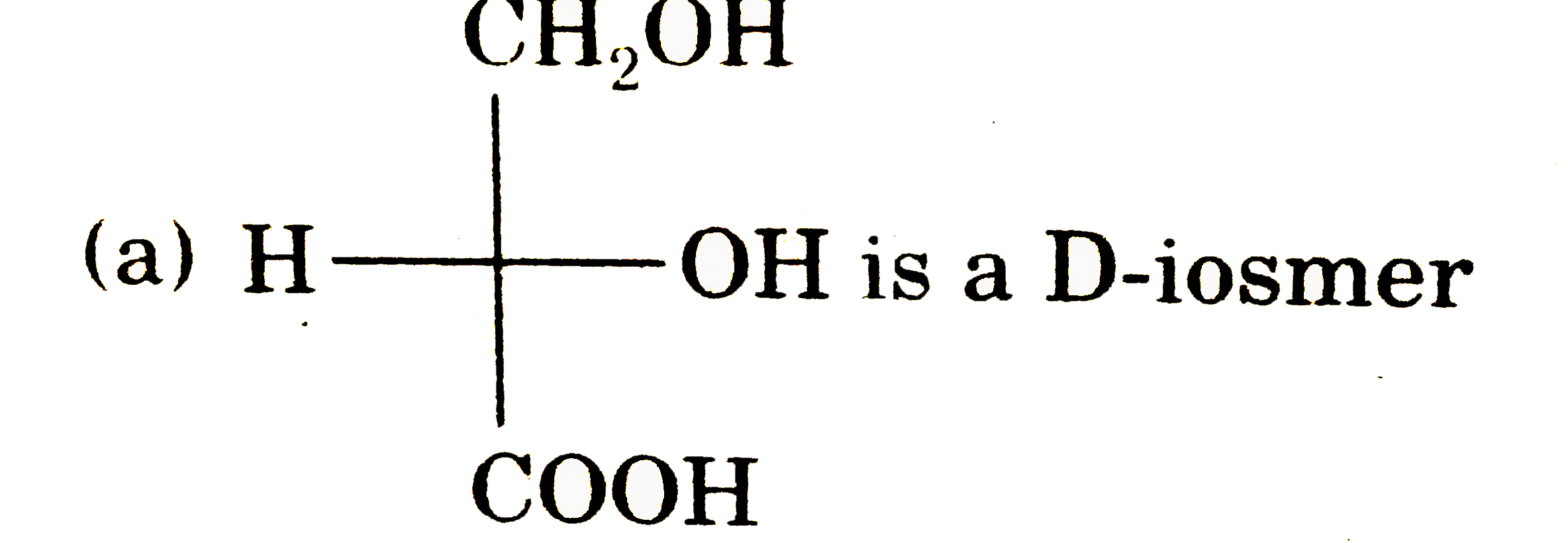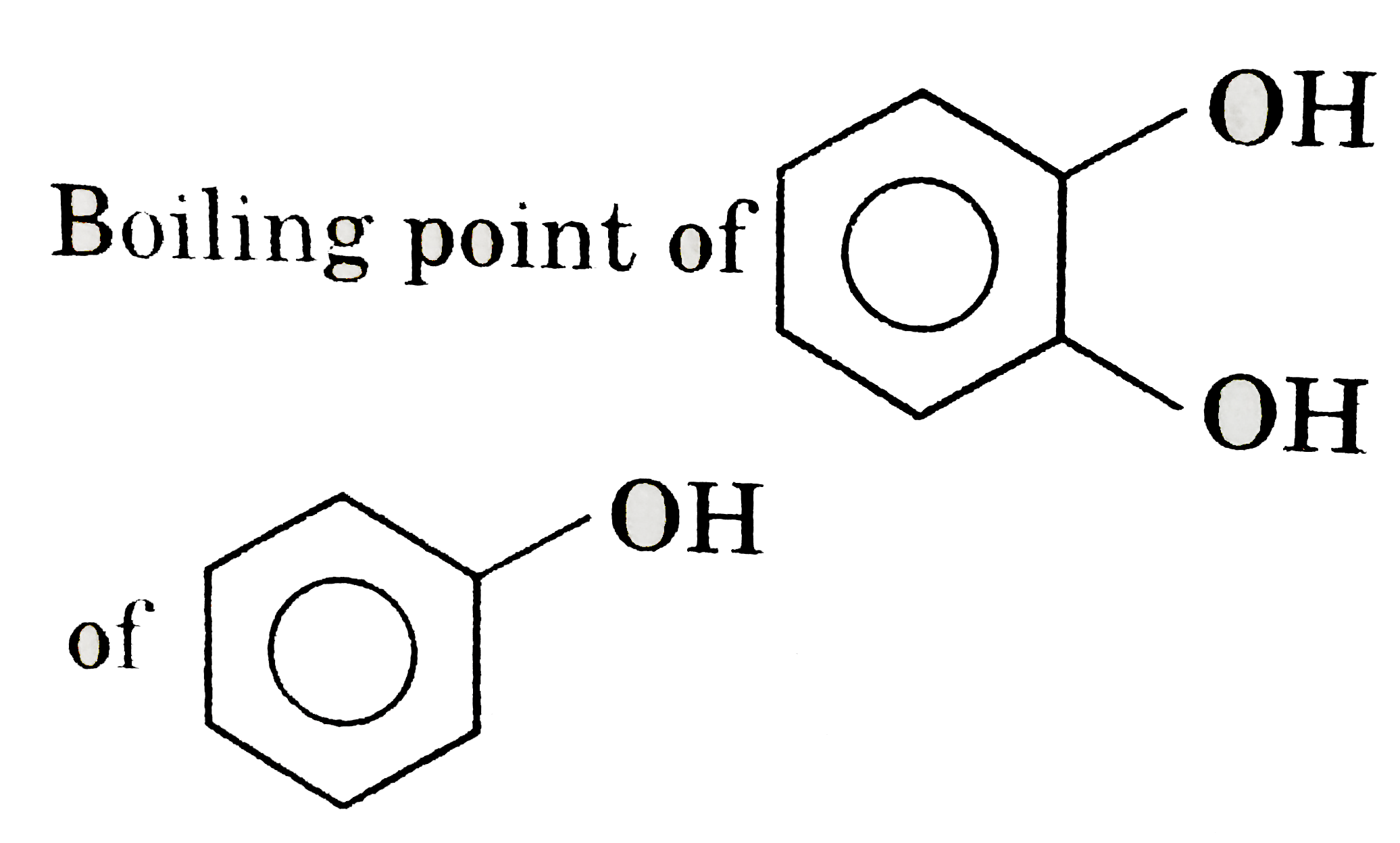Select an incorrect statement
both the nucleic acids (DNA and RNA) have the ability to direct their duplications
proteins have no ability to direct their duplications
DNA chemically is less reactive and structurally more stable when compared to RNA
2'-OH group present at every nucleotide in DNA is a unreactive group and makes DNA stable
The correct Answer is:D
To solve the question of selecting an incorrect statement regarding nucleic acids, we will analyze each statement step by step.
1. Understanding the Question:
- We need to identify which of the provided statements about nucleic acids (DNA and RNA) is incorrect.
2. Analyzing the First Statement:
- Statement: Both nucleic acids, DNA or RNA, have the ability to direct their duplication.
- Analysis: This statement is true. Both DNA and RNA can direct their own replication through the action of specific enzymes (DNA polymerases for DNA and RNA polymerases for RNA).
3. Analyzing the Second Statement:
- Statement: Proteins have no ability to direct their duplication.
- Analysis: This statement is also true. Proteins are synthesized based on the information encoded in DNA and mRNA, but they do not have the ability to replicate themselves.
4. Analyzing the Third Statement:
- Statement: DNA chemically is less reactive and structurally more stable compared to RNA.
- Analysis: This statement is correct. DNA is indeed less reactive due to its double-stranded structure and the absence of a hydroxyl group at the 2' position, making it more stable than RNA.
5. Analyzing the Fourth Statement:
- Statement: The 2'-OH group present in DNA is an unreactive group and makes DNA stable.
- Analysis: This statement is incorrect. DNA does not contain a 2'-OH group; it has a 2'-H (hydrogen) instead, which contributes to its stability. The presence of the 2'-OH group is characteristic of RNA, making RNA more reactive and less stable compared to DNA.
6. Conclusion:
- The incorrect statement is the fourth one. Thus, the answer to the question is the fourth statement.
Final Answer:
The incorrect statement is: "The 2'-OH group present in DNA is an unreactive group and makes DNA stable."
---
- We need to identify which of the provided statements about nucleic acids (DNA and RNA) is incorrect.
- Statement: Both nucleic acids, DNA or RNA, have the ability to direct their duplication.
- Analysis: This statement is true. Both DNA and RNA can direct their own replication through the action of specific enzymes (DNA polymerases for DNA and RNA polymerases for RNA).
- Statement: Proteins have no ability to direct their duplication.
- Analysis: This statement is also true. Proteins are synthesized based on the information encoded in DNA and mRNA, but they do not have the ability to replicate themselves.
- Statement: DNA chemically is less reactive and structurally more stable compared to RNA.
- Analysis: This statement is correct. DNA is indeed less reactive due to its double-stranded structure and the absence of a hydroxyl group at the 2' position, making it more stable than RNA.
- Statement: The 2'-OH group present in DNA is an unreactive group and makes DNA stable.
- Analysis: This statement is incorrect. DNA does not contain a 2'-OH group; it has a 2'-H (hydrogen) instead, which contributes to its stability. The presence of the 2'-OH group is characteristic of RNA, making RNA more reactive and less stable compared to DNA.
- The incorrect statement is the fourth one. Thus, the answer to the question is the fourth statement.
The incorrect statement is: "The 2'-OH group present in DNA is an unreactive group and makes DNA stable."
Similar Questions
Knowledge Check
For the compound
 select the incorrect statement. ACompound is homocyclic hydrocarbonBNumber of σ bonds are 8CDegree of unsaturation of the compound is 3DIt is a heterocyclic compound
select the incorrect statement. ACompound is homocyclic hydrocarbonBNumber of σ bonds are 8CDegree of unsaturation of the compound is 3DIt is a heterocyclic compoundSelect the incorrect statement of the following.
A B
B C
C D
D
Select the incorrect statement :
AThe geometry of phosphorus in H3PO2,H3PO3 and H3PO34 is tetrahedralBH3PO2,H3PO3 and H3PO4 are tribasic acidsCNH3<PH3>AsH3<SbH3: increasing acidic character.DCO2<SiO2<SnO2<PbO2: increasing oxidising power.
